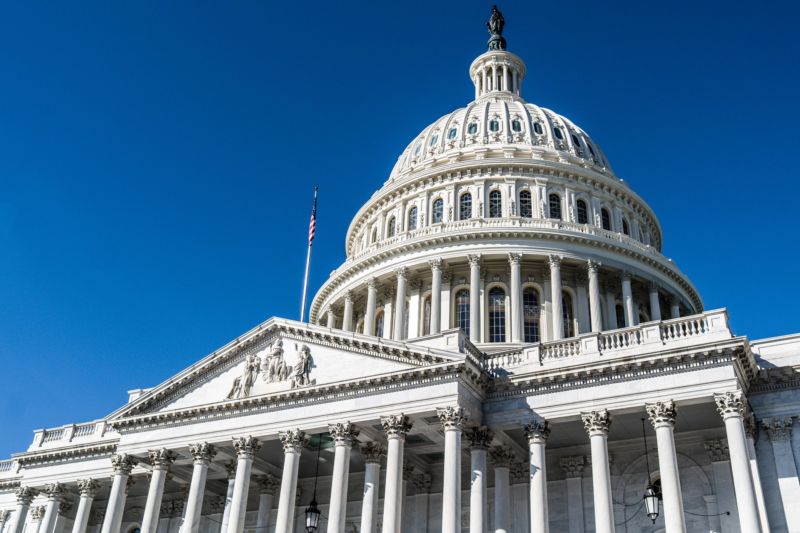
The Senate Judiciary Committee voted 16-6 today to advance an antitrust bill that would prevent Big Tech firms from giving their own services preferential treatment.
The bill attempts to limit the ability of dominant firms to “unfairly preference” their own products or services in a way that would harm competition. For example, Apple and Google could not rank their own apps higher than competitors’ on app stores or in searches. With five Republican senators voting alongside Democrats, the bill has a reasonable chance of passing once it hits the Senate floor. A similar bill has been introduced in the House.
“We haven’t meaningfully updated our antitrust laws since the birth of the Internet,” said Senate co-sponsor Amy Klobuchar (D-Minn.) in a committee hearing today. “We have to look at this differently than just startup companies in a garage. That’s not what they are anymore.”While today’s vote is significant, the bill’s enactment isn’t guaranteed since President Joe Biden hasn’t committed to signing it. The bill has also faced some resistance from other Democrats, including Sen. Diane Feinstein (D-Calif.), who felt that it was too narrowly focused on a portion of the market.
“It’s difficult to see the justification for a bill that regulates the behavior of only a handful of companies while allowing everyone else to continue engaging in that exact same behavior,” she said. Feinstein ultimately voted to move the bill out of committee.
Apple CEO Tim Cook has been personally lobbying senators, including Sen. Ted Cruz (R-Tex.), to address the company’s concerns, which center on Apple’s control of its App Store and the iOS platform.
“I spent about 40 minutes on the phone yesterday with Tim Cook, the CEO of Apple, who expressed significant concerns about the bill,” Cruz said. “One issue that he raised, that I thought was a reasonable issue, was a concern that the bill would erect obstacles to Apple giving consumers the ability to opt out of apps monitoring what they’re doing online, where they’re going, and what’s occurring on their phone.” At the end of debate, Cruz voted to move the bill to the Senate floor.
Others are concerned that a provision in the bill is overly broad and would prevent companies from removing harmful content from their platforms. “It opens the door to arguments that covered platforms are unlawfully discriminating against hate-and-disinformation purveyors by taking them down,” Carmen Scurato, associate legal director of Free Press Action, said in a statement to Ars.
reader comments
125